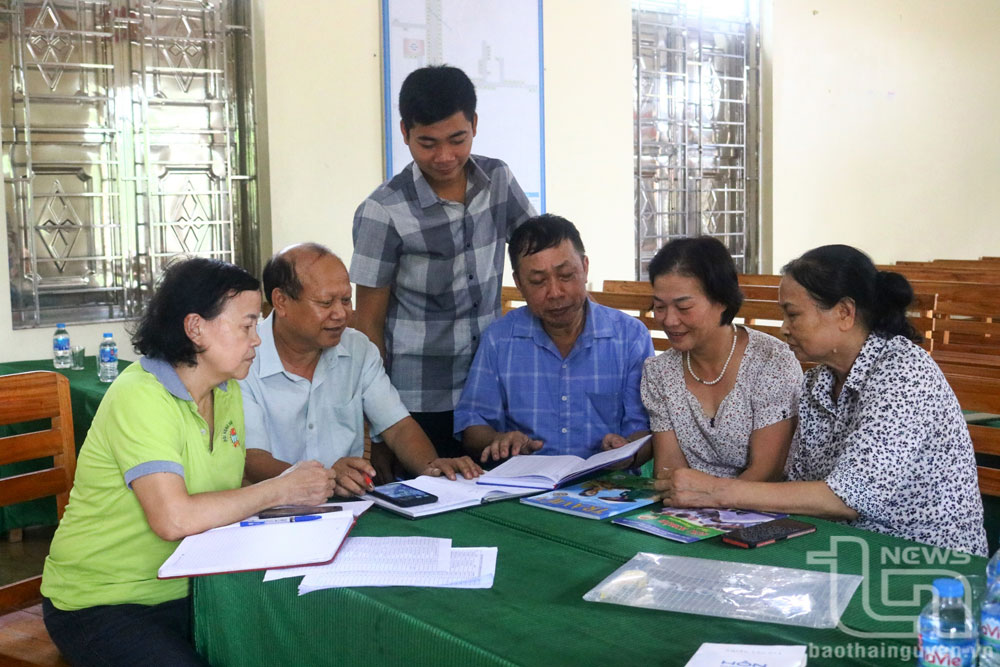 |
| Members of the Front Working Committee of Bo Dau hamlet, Co Lung commune (Phu Luong) share experiences in preserving family warmth. |
Ms. Nguyen Thi Thanh Dung, an expert from the Department of Cultural Management (Department of Culture, Sports and Tourism), said: "Family is the cell of society. If family members lack connection and dialogue, the fundamental values will also be lost. In the current technological context, each family needs to build a "technology culture", which means having common rules for using digital devices in a controlled manner, suitable to the values and circumstances of each family. Children need to be guided and oriented instead of being left alone with devices."
Digital technology has brought great conveniences in connecting family members, especially in the context of increasingly common geographical distances due to studying, working or migrating. Applications such as Zalo, Facebook, Viber, Messenger or video calling platforms such as Zoom, Google Meet have become bridges that help parents see their children every day even though they are thousands of kilometers away, grandparents can monitor their grandchildren's learning activities, or siblings keep in touch regularly even though they are on opposite ends of the country or two hemispheres.
But when everything is “digitalized”, from communication, entertainment to work, the time spent together among family members is narrowed. The image of husband and wife sitting together, each person facing a different direction; then at the dinner table, each person is focused on the phone screen. Feelings become boring, meals are no longer warm with stories of relatives for each other, but instead are dry text messages.
Children, especially “digital citizens” born and raised in the world of technology, are the most clearly affected. Children can use phones and tablets before they can hold a pen or spell. The Internet becomes a treasure trove of knowledge that helps children access the world, learn quickly and develop their thinking. However, the online environment contains countless harmful contents that affect children's souls. Moreover, watching a lot becomes a habit, watching for a long time becomes an addiction and leads to a lifestyle dependent on digital devices. Children are easily drawn into the virtual world, losing connection with real life, reducing their ability to communicate and think independently.
That reminds grandparents and parents to be an example of using technology every day, especially in front of children. Instead of prohibiting or imposing, grandparents and parents should proactively learn about technology, understand their children's world and set reasonable rules for its use with their children. Help children understand that technology is a tool, not the center of life.
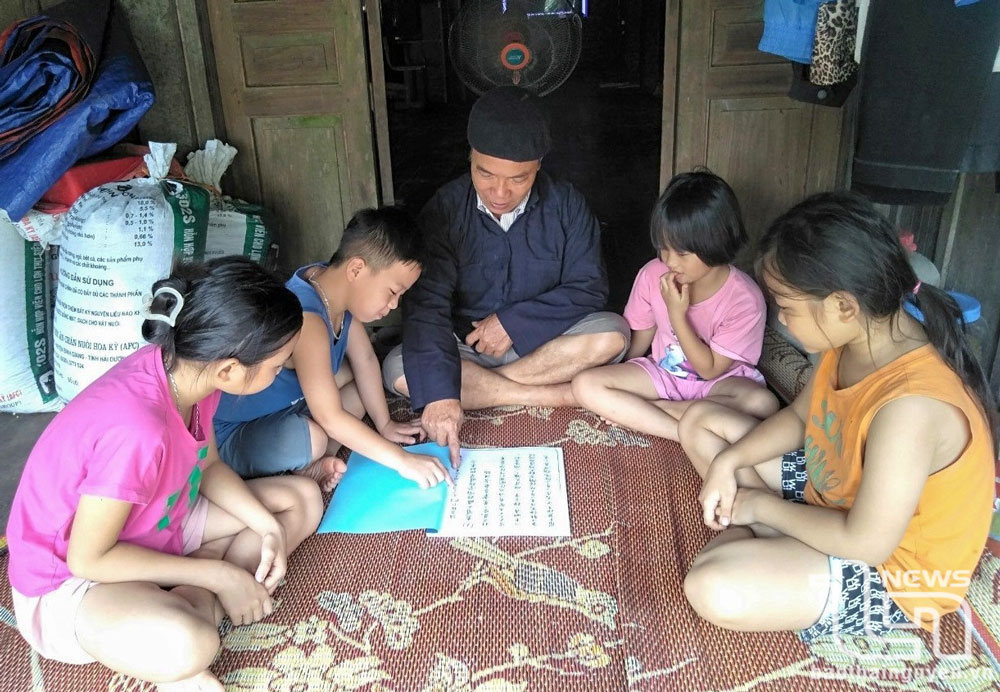 |
| Mr. Chu Van Cam, Dong Luong hamlet, Tan Long commune (Dong Hy) guides children to read and speak his ethnic language. |
Mr. Ly Quy Song, a respected elder in Goc Thi hamlet, Nam Hoa commune (Dong Hy), said: In the past, when my children did not have their own families, all activities in the house were closely linked. Now that everyone is in a different place, I have also learned to use smartphones to make video calls, send pictures, and read articles shared by my children and grandchildren. However, I always remind my grandchildren not to overuse their phones. Every time the family has something to do or meets, especially when sitting at the dinner table, they must put their phones away and talk to their parents and everyone else.
Mr. Chu Van Cam, Dong Luong hamlet, Tan Long commune (Dong Hy) : I often teach my children to read books and learn to speak their mother tongue. That is a way to help children stay away from TV screens and games on electronic devices.
Not only affecting relationships and education, digital technology also changes the traditional structure and function of the family. If in the past, the family was a place that contained the functions of living, studying, caring, and nurturing, now many of those functions have been "contracted" out. Online learning, remote doctor consultation, housework via application, floor cleaning robots, online shopping... make families gradually lose their daily attachment. Along with that, family models are also more diverse: single-parent families, multi-generational families living separately, virtual families online.
Love, responsibility and sharing, the foundations of a true family, still need to be preserved and promoted. Despite changes in form, the family must still be the safest place, where each person can be themselves, be listened to and loved.
To do that in the digital age, each family needs to build its own “technology culture”, which is a set of general rules for using digital devices in a controlled manner. For example: Do not use the phone during meals, do not work or study in the common living space during breaks, spend the weekend doing non-technology activities together as a family; use technology as a bridge to connect generations.
The digital world changes society every day. Accordingly, traditional family values, behaviors, and communication between family members and clans gradually lose their closeness. Therefore, families in the digital age need to adapt appropriately to adjust and retain humane values in traditional family relationships. The flame of love in each home does not burn forever, but needs to be nurtured by sincere care and real time spent by family members for each other. Simply, there is no phone at the dinner table, and everyone knows how to listen to each other.
Source: https://baothainguyen.vn/xa-hoi/202506/gia-dinh-thoi-cong-nghe-so-3810ba2/










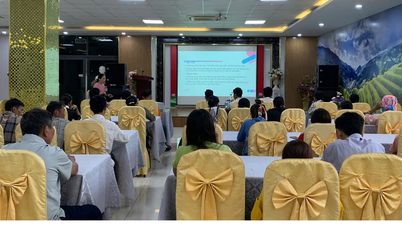

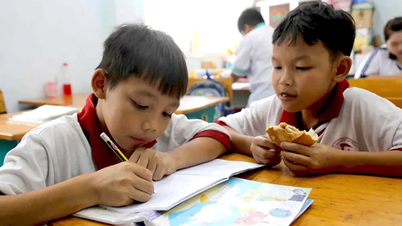








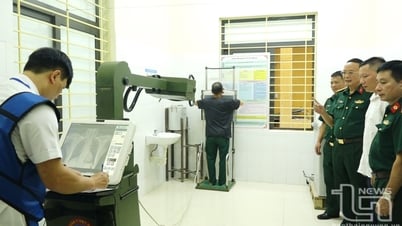
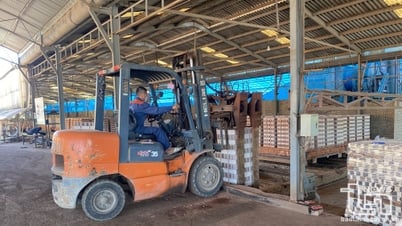

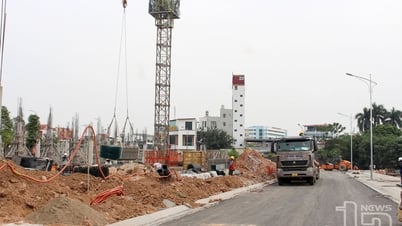

















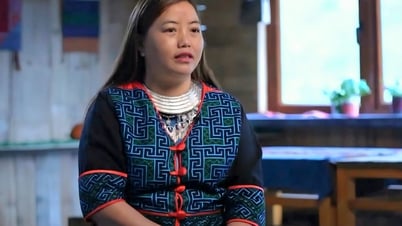













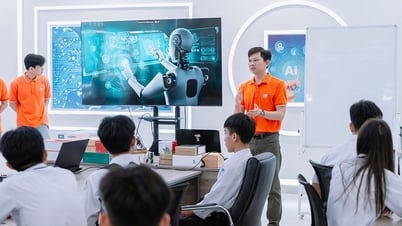
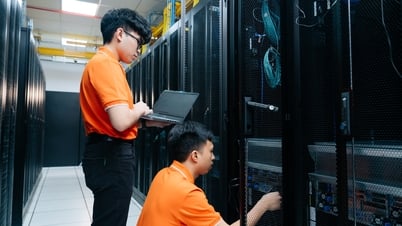
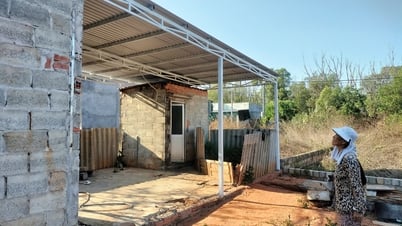
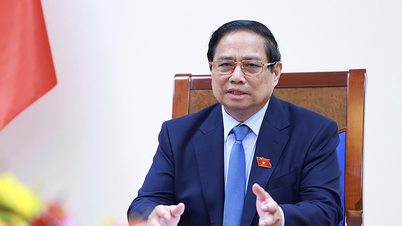








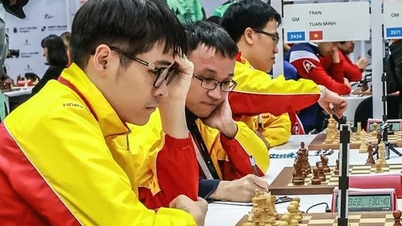




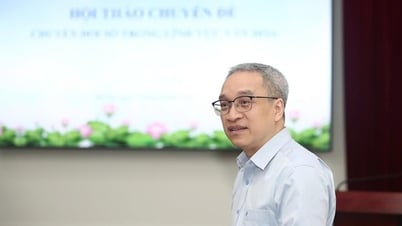






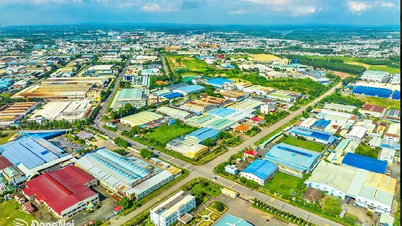









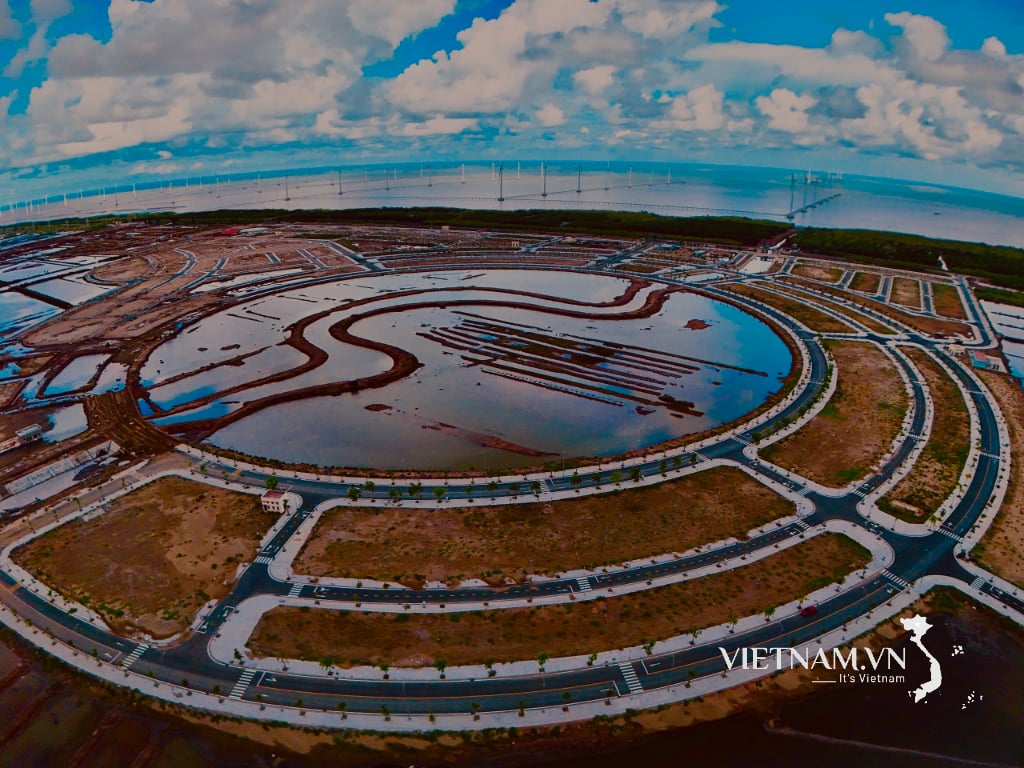


Comment (0)